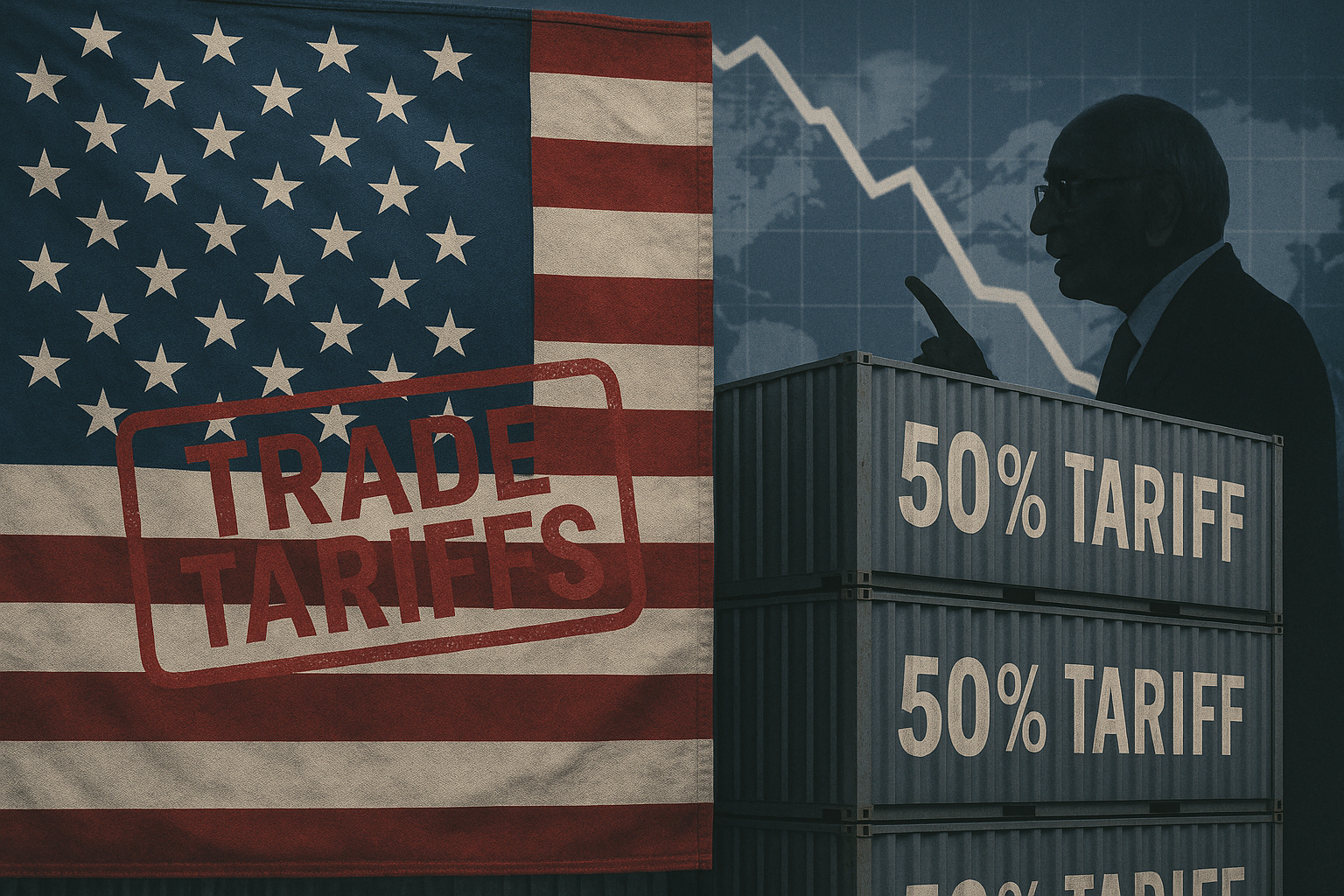Former Reserve Bank of India (RBI) Governor C. Rangarajan has sharply criticized certain economic policies of U.S. President Donald Trump, calling them “self-destructive” for the U.S. itself. Speaking on the fallout of the ongoing tariff war with India, Rangarajan argued that protectionist policies not only harm trading partners but also raise costs for U.S. consumers and weaken global economic confidence.
His remarks add weight to concerns that escalating tariffs could disrupt global trade flows and undermine the very economies that implement them.
Core Development
Rangarajan highlighted several key issues with Trump’s tariff-led strategy:
-
Impact on U.S. Consumers: Higher tariffs increase the cost of imported goods, pushing inflationary pressures domestically.
-
Disruption of Supply Chains: Tariffs damage U.S. participation in global value chains.
-
Retaliatory Risks: Countries hit by tariffs, including India, are forced to explore countermeasures.
He stressed that while countries like India face short-term setbacks, the U.S. itself risks weakening its economic momentum if it pursues prolonged protectionism.
Key Drivers Behind Rangarajan’s Criticism
-
Tariff Shock: U.S. imposing 50% tariffs on Indian goods, with ripple effects on global trade.
-
Global Economic Stability: Rising uncertainty affects investment and capital flows.
-
Historical Lessons: Protectionist strategies have often backfired, reducing competitiveness.
Stakeholder Impact
-
India: Faces export pressure but also opportunities to diversify markets.
-
U.S.: Risks consumer backlash and weaker global positioning.
-
Global Markets: Trade disruptions impact supply chains, currencies, and investor confidence.
Industry & Policy Reactions
Economists echoed Rangarajan’s warning, noting that unilateral protectionism often leads to lower efficiency and higher costs. Trade experts suggested that India should continue pursuing diversified export strategies while engaging diplomatically to ease tensions.
Challenges Ahead
-
Prolonged Tariff Wars: Could slow down global GDP growth.
-
Investor Sentiment: Risk aversion may reduce capital inflows to emerging markets.
-
Diplomatic Strain: Prolonged conflict complicates bilateral ties.
Strategic Outlook
Rangarajan’s remarks highlight the limits of protectionist policies, even for large economies like the U.S. For India, the key lies in resilience and diversification, while for the U.S., recalibrating its policies could be essential to avoid self-inflicted damage.
Why This Matters
Global trade disputes shape the economic environment far beyond two countries. Rangarajan’s warning emphasizes that protectionism harms both sides and that only cooperative, rules-based trade can sustain long-term growth.












